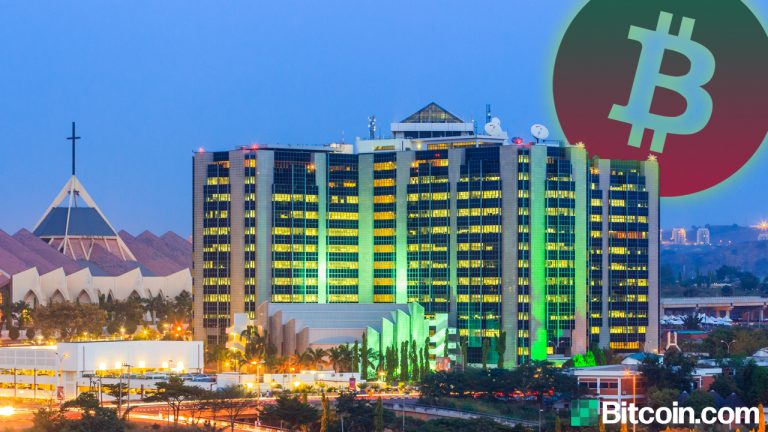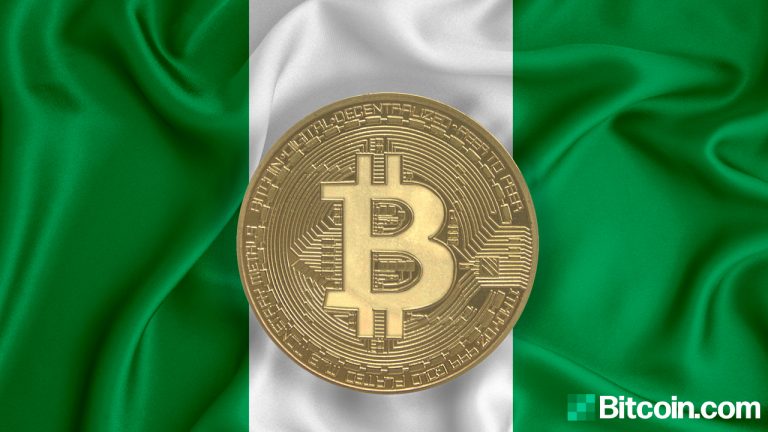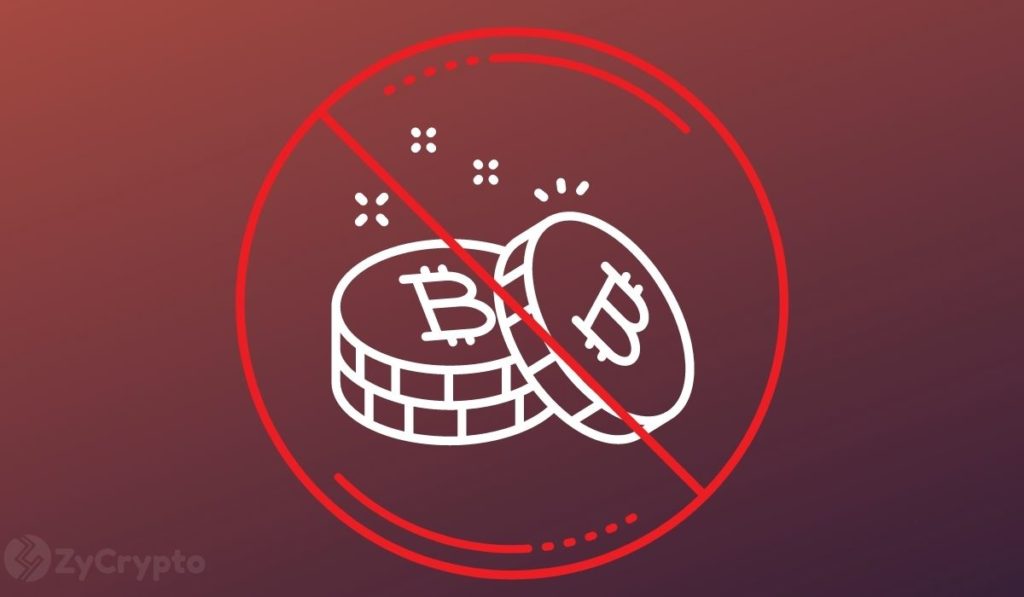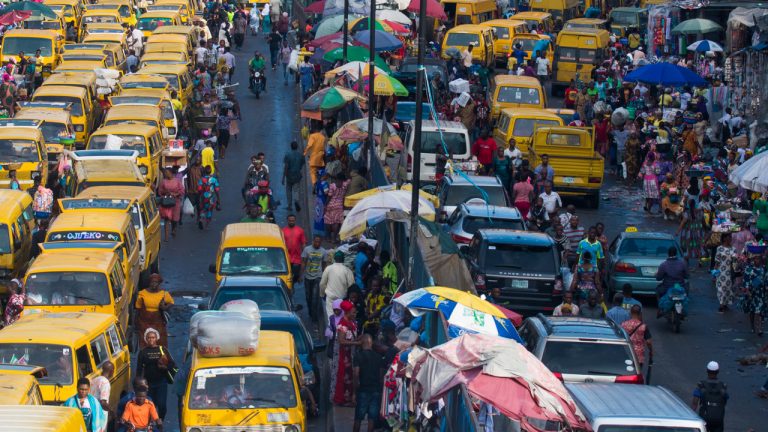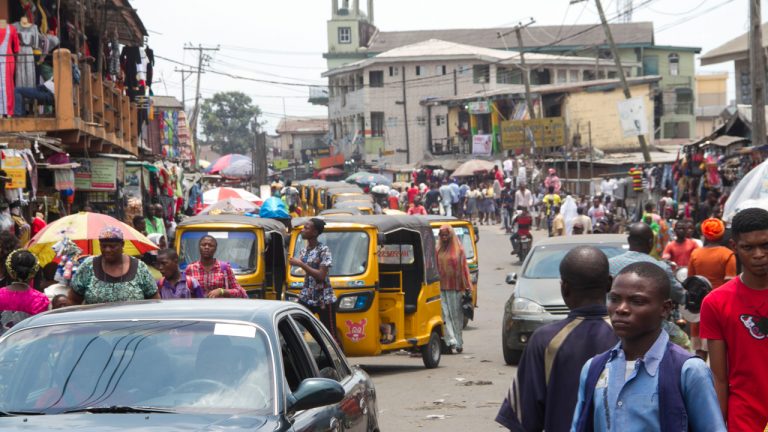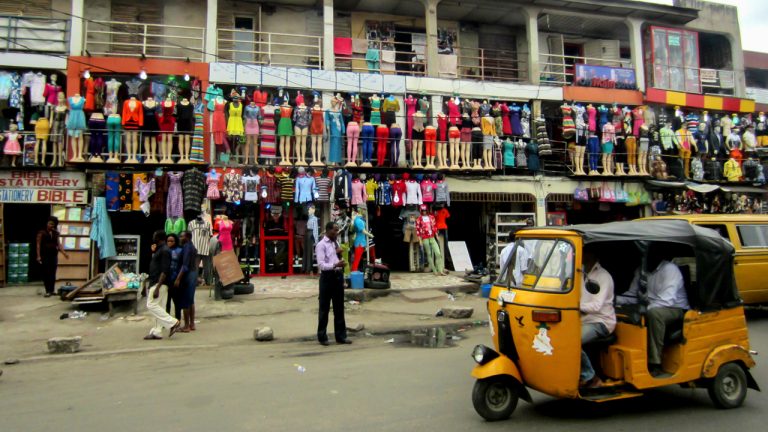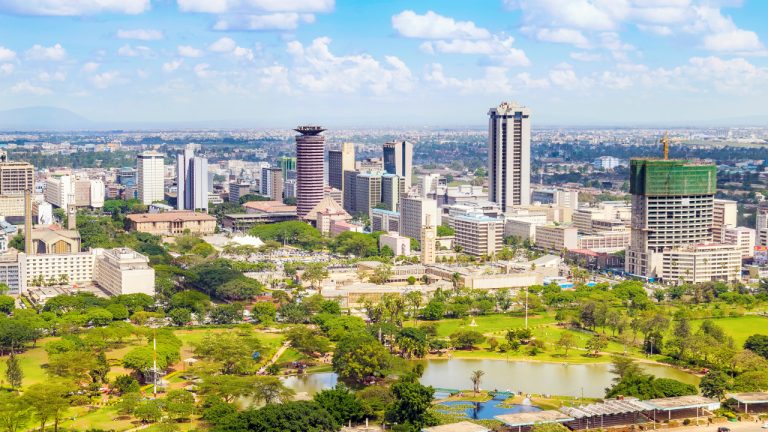2024-2-23 04:00 |
To combat financial crimes associated with the digital asset industry, Nigeria has escalated its regulatory scrutiny of major cryptocurrency exchanges, including Binance and Coinbase.
According to a local media report, the African country has asked its telecommunications companies to restrict access to the websites of these crypto firms after the Central Bank of Nigeria (CBN) issued guidelines to regulate the activities of digital asset operators.
Binance And Coinbase RestrictionsThe Central Bank of Nigeria had a change of stance in December 2023, instructing banks to disregard the previous ban on crypto transactions imposed in February 2021.
The latest restriction on crypto websites aims to slow down currency speculation activities within the country. Binance clarified that its platform is not intended for currency pricing after users complained about the inability to purchase dollars.
According to the report, Binance users experienced difficulties in buying dollars, with one user expressing frustration over the lack of available dollars on the platform.
Binance responded that foreign exchange rates are influenced by “complex factors” beyond their control. The exchange emphasized its commitment to working with local authorities, lawmakers, and regulators to ensure compliance.
Furthermore, the Nigerian Communications Commission (NCC) has reportedly directed telecom firms to block access to Binance and other cryptocurrency websites.
While no specific timeline is provided for the restriction, the NCC’s directive is expected to take effect immediately. Similar measures were implemented when Nigeria blocked access to Twitter in 2021.
Nigerian Regulators Escalate Crypto CrackdownPer the report, the government’s decision to potentially block online platforms of crypto firms like Binance is aimed at curbing the alleged manipulation of the foreign exchange market. Before the restriction, the spot rate on Binance for the Nigerian Naira was approximately N1,850 (around $1.16).
However, Nigerians may find alternative ways to access these platforms, just as they did with Twitter using Virtual Private Network (VPN) apps when it was blocked.
Notably, Nigeria boasts one of the largest crypto populations globally, with a reported crypto transaction volume of $56.7 billion between July 2022 and June 2023, according to blockchain platform Chainalysis.
Chimezie Chuta, the founder and coordinator of Blockchain Nigeria User Group, criticized the government’s approach, stating that restricting access to crypto platforms won’t solve the “underlying issues” with the country’s currency. Chuta believes that social media and peer-to-peer exchanges can fill the gap created by these restrictions and warns that such measures may exacerbate the situation.
As regulatory pressure on crypto exchanges in Nigeria intensifies, the crypto community awaits further developments and potential responses from Binance, Coinbase, and other affected platforms. The government’s efforts to crack down on crypto transactions and currency speculation continue to shape Nigeria’s digital asset industry landscape.
Despite the exchange’s ongoing regulatory issues, Binance Coin (BNB) is trading at $378, up 3.1% in the past 24 hours.
Featured image from Shutterstock, chart from TradingView.com
origin »Bitcoin price in Telegram @btc_price_every_hour
Emerald Crypto (EMD) на Currencies.ru
|
|
